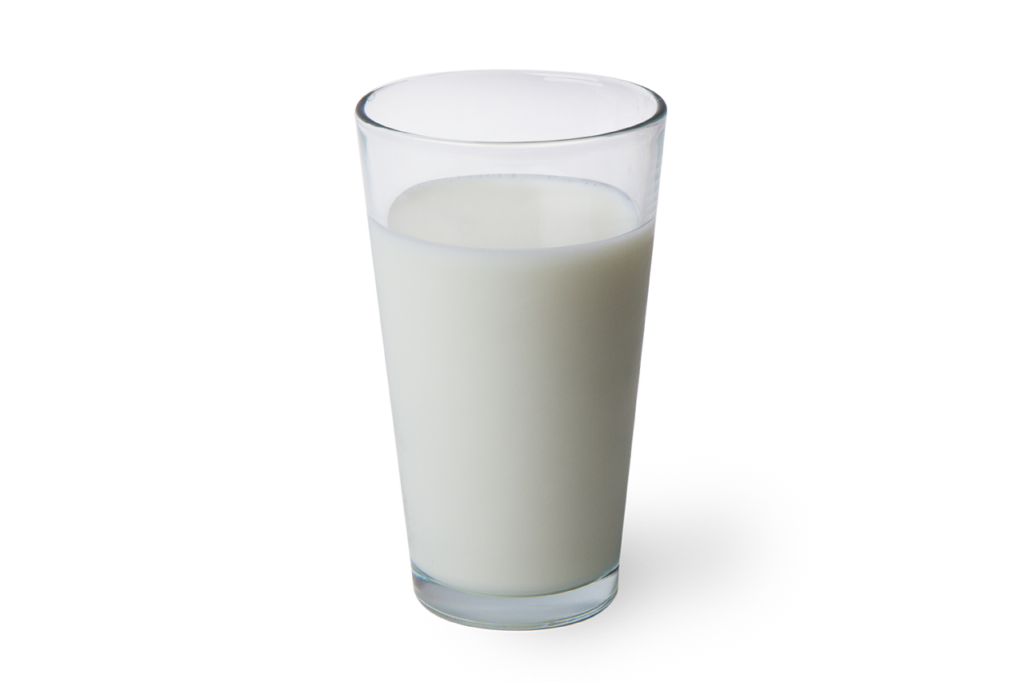Question: Is organic milk pasteurized?
Answer: Pasteurization involves heating milk to a high temperature in order to kill microbes or bacteria and to prevent souring. In contrast, raw milk is milk that has not been pasteurized.
There are ongoing debates on the safety and health benefits of raw milk. If you ask the U.S. Centers for Disease Control and Prevention (CDC) about the safety of raw milk, they will advise you to avoid it because of the potential for harmful bacteria. However, proponents of raw milk indicate that pasteurization kills off beneficial bacteria and destroys nutrients.
Organic milk can either be raw or pasteurized. The word “organic” does not signify that milk is unpasteurized. In fact, the majority of organic milk that you find in the grocery store is pasteurized. Typically, in order to find raw milk you really have to seek it out at a place like a farmer’s market or specialty store.
Let’s take a look at a sampling of popular organic milk products to verify that they are pasteurized.
Horizon Organic: From their faq section, “Are Horizon milk products pasteurized? Yes. Pasteurization is the process of heating milk to make it safe from harmful bacteria and to increase its longevity.”
Organic Valley: Per the company, “Yes, Organic Valley does pasteurize its fluid milk products.”
Clover Organic: All organic milk listed as pasteurized on the company website.
While most milk is pasteurized, you should always check the label or verify with the manufacturer that the product is pasteurized, if this is a concern for you.

